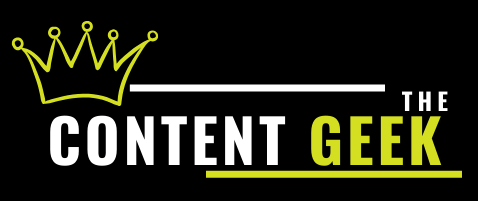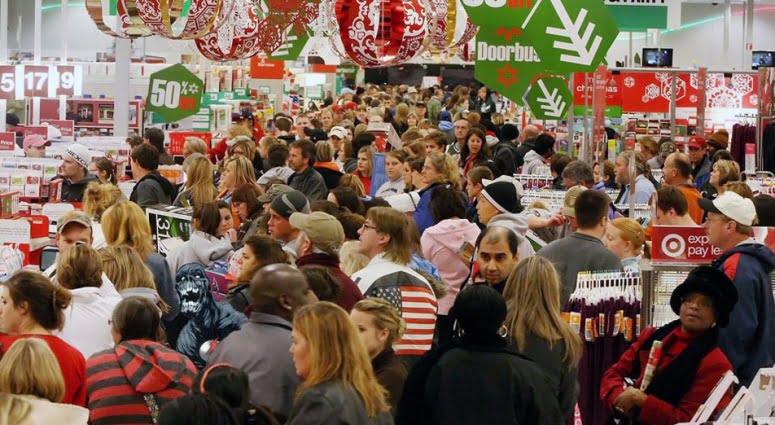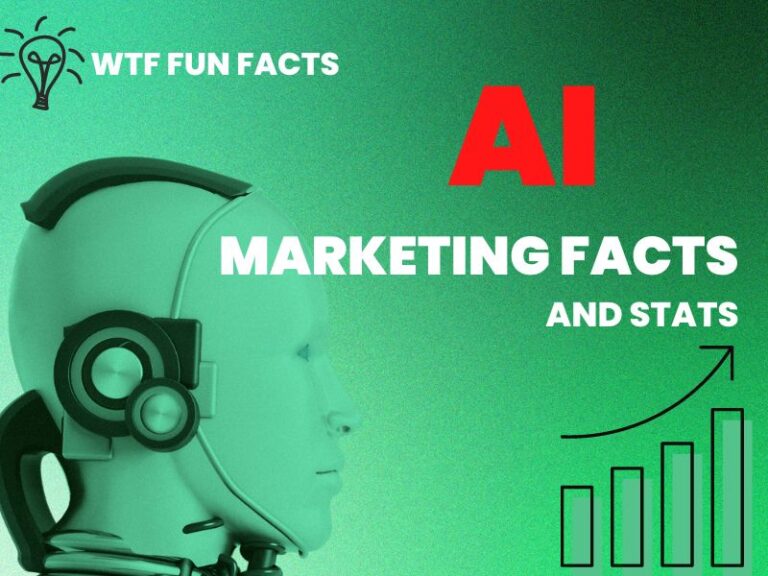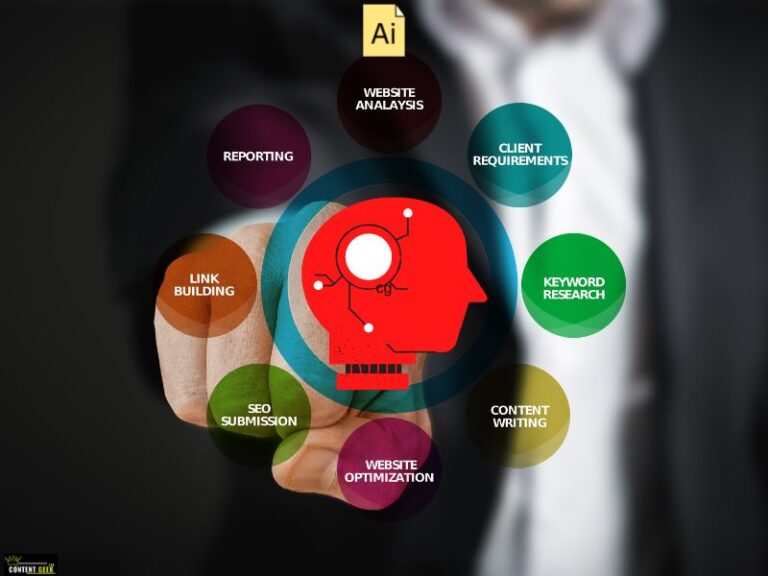Did you know retailers globally had invested around 7.3 billion in AI by 2022? The investment is predicted to exceed $31 billion by 2028. Did you ever wonder – WHY? What is the potential use or benefits of AI in retail industry? Well, we got you covered in this post.
Artificial Intelligence in retail industry –
- enhances customer experience
- increases efficiency
- drives more growth
- and ultimately upsurges revenue
AI is taking over everything and anything… Do you know How AI in Content Marketing helps? || The AI Content Generation Tools are here. Read more…
10 Use of Artificial Intelligence in Retail industry
The retail industry is one of the most competitive and dynamic industries, constantly changing to meet the ever-increasing demands of customers. The industry has undergone a significant transformation in recent years with the introduction of artificial intelligence (AI).
AI has the potential to revolutionize the retail industry by providing retailers with valuable insights into customer behavior and preferences. In this blog, we will explore the Benefits of AI in retail and its impact on the overall customer experience.
Here are some use cases or Benefits of AI in retail:

Supply chain and logistics:
AI-powers supply chain optimization tool that uses machine learning to optimize routing and logistics and reduce costs for third-party partners and their customers.
It also offers:
- Improved retail value chain planning
- Faster deliveries with more precision and safety
- Adapting the course of action when unforeseeable events occur
Tools: Bonsai
Better shelf intelligence or Inventory management:
AI optimizes inventory levels and reduces stock-outs by analyzing historical sales data, forecasting demand, and identifying patterns. It can also help retailers manage their inventory more efficiently. AI algorithms can analyze sales data, forecast demand, and optimize inventory levels.
This means that retailers can ensure they have the right products in stock, reduce stock-outs, and avoid overstocking. This can help retailers to reduce costs and improve the overall customer experience.
Tools: Visionify
In-store experience:
AI can provide retailers with insights into customer traffic patterns, shopping behaviors, and preferences to improve in-store experiences and layouts.
Business automation:
Retailers can automate and optimize their business processes, thereby; reducing costs and improving efficiency.
Tools: Cognitivescale
Sales forecasting:
Forecasting sales based on historical data, market trends, and other factors, allows retailers better plan inventory and staffing levels.
Tools: Retalon
AI-powered sales forecasting tools can help retailers predict demand for products, allowing them to adjust inventory levels and plan promotions and marketing campaigns accordingly.
Customer segmentation:
AI can segment customers based on their demographics, behaviors, and preferences to provide personalized offers and promotions.
Improved customer experience:
Chatbots, Virtual fitting rooms, Augmented Reality, Voice and Visual search, Cashier-less stores, cashless shopping, and self-checkout systems; are widely appreciated by customers.
- Me-Ality: A virtual fitting tool that uses AI and 3D scanning to create a personalized profile for each customer, helping them find the perfect fit for clothing.
- Visenze: A visual search and recommendation engine that allows customers to search for products using images rather than keywords.
- The augmented reality feature in retail apps allows customers to see how products fit in their homes or real-world settings. Tool: Third Eye
AI powered chatbots and virtual assistants can help retailers provide 24/7 customer service and support, answering common questions, and handling customer complaints.
AI-powered visual search and recommendation engines can help customers find products quickly and easily based on their preferences and past purchases.
Augmented reality and virtual reality tools can help retailers create immersive shopping experiences, increasing engagement and sales.
Dynamic pricing:
The prices change every 10 mins or depending on individual loyalty, competition, and customer behavior.
Tools: Dynamic pricing AI
Price optimization:
AI can help retailers optimize their prices based on market demand, competition, and other factors, increasing profits.
Personalized marketing:
AI uses natural language processing to generate personalized messages and optimize marketing campaigns by analyzing customer data, individual preferences, and behaviors.
Tools: Persado
Personalized shopping:
AI uses data, automation, and machine learning, to deliver a personalized recommendation enabling a customized shopping experience.
Tools: Vue AI
One of the most significant benefits of AI in Retail industry is its ability to personalize the customer experience. AI can analyze customer data and provide retailers with insights into customer behavior, preferences, and purchasing history.
This information can be used to personalize the shopping experience for each customer. For example, AI can suggest products based on previous purchases, recommend products based on the customer’s search history, or even provide personalized pricing based on the customer’s loyalty status.
Customer sentiment analysis:
AI-powered customer sentiment analysis tools can help retailers monitor customer feedback and identify areas where they can improve the customer experience.
Tools: Hootsuite Insights, Hubspot’s Service Hub
Fraud detection:
AI is used for detecting and preventing fraudulent activities, such as stolen credit card transactions, by analyzing patterns and anomalies in transaction data.
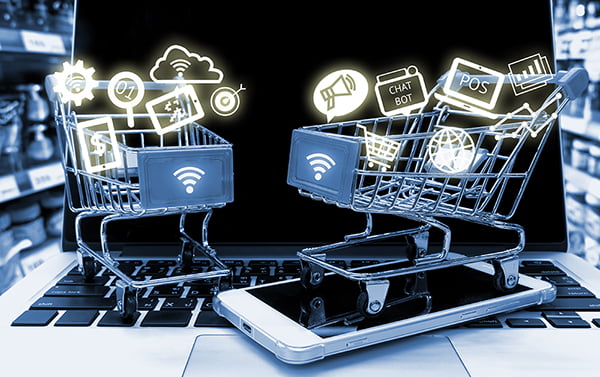
Image source: BRC
Overall,
AI is helping retailers enhance the customer experience, increase efficiency, reduce costs, and ultimately drive growth in both physical and online stores.
The use of AI in retail industry is still in its early days, but one thing is for sure – The Future of AI in retail is revolutionary. It has the potential to make retail shine again.
What do you feel? Do, enlighten us with your thoughts.
